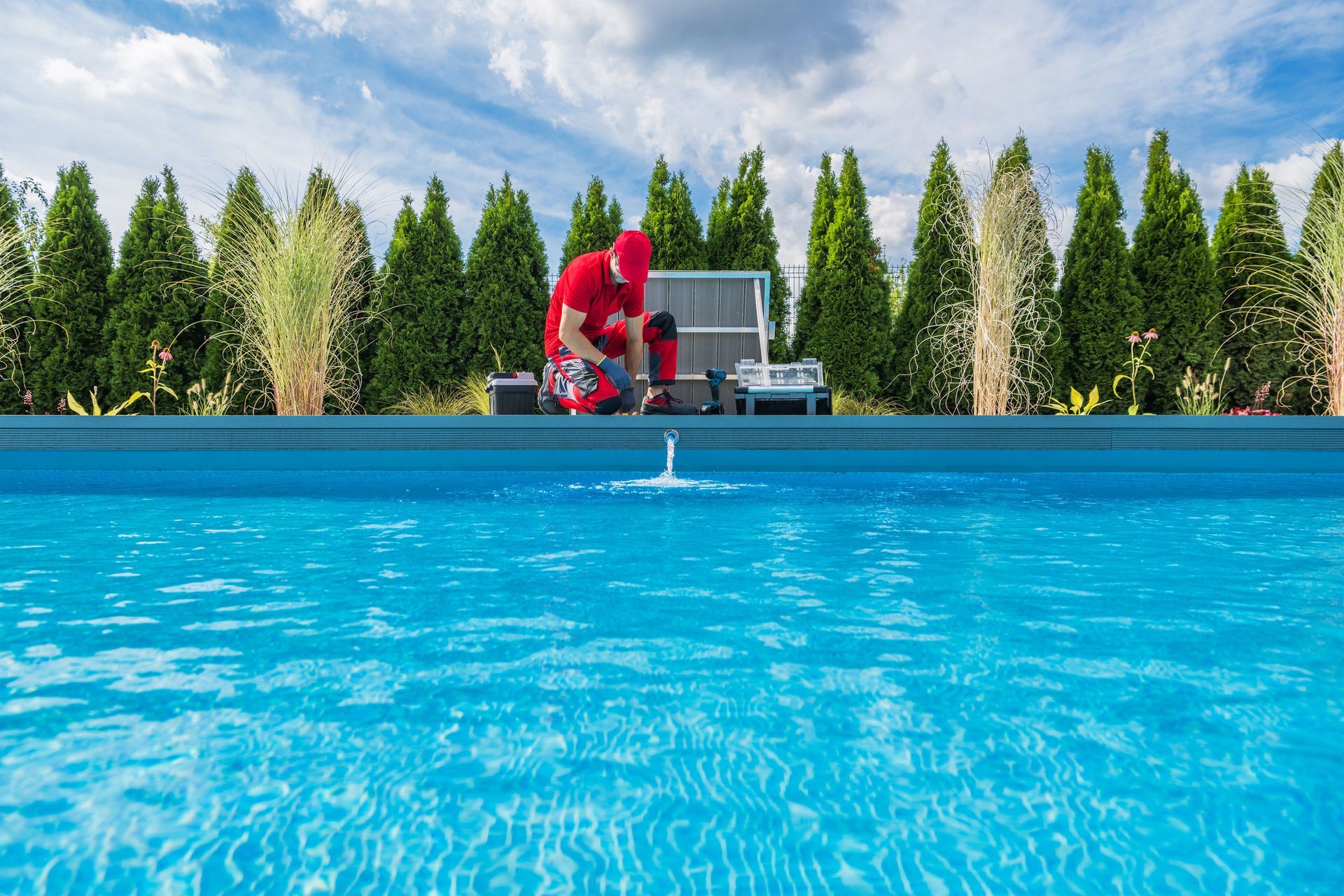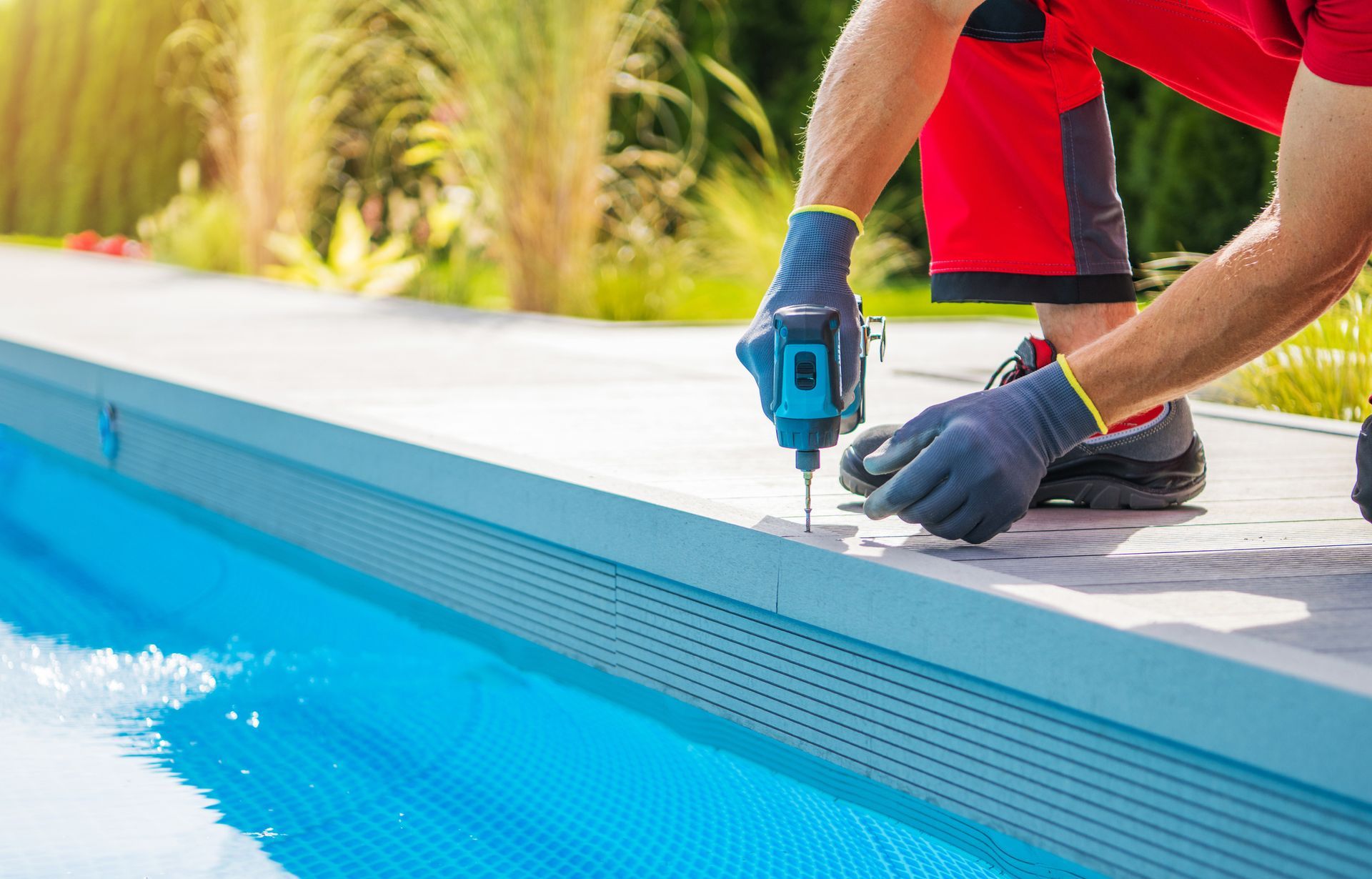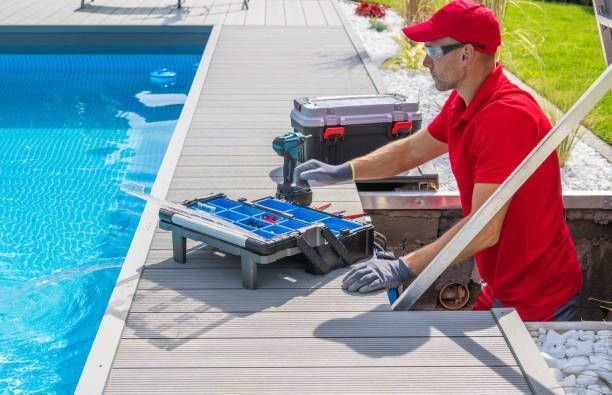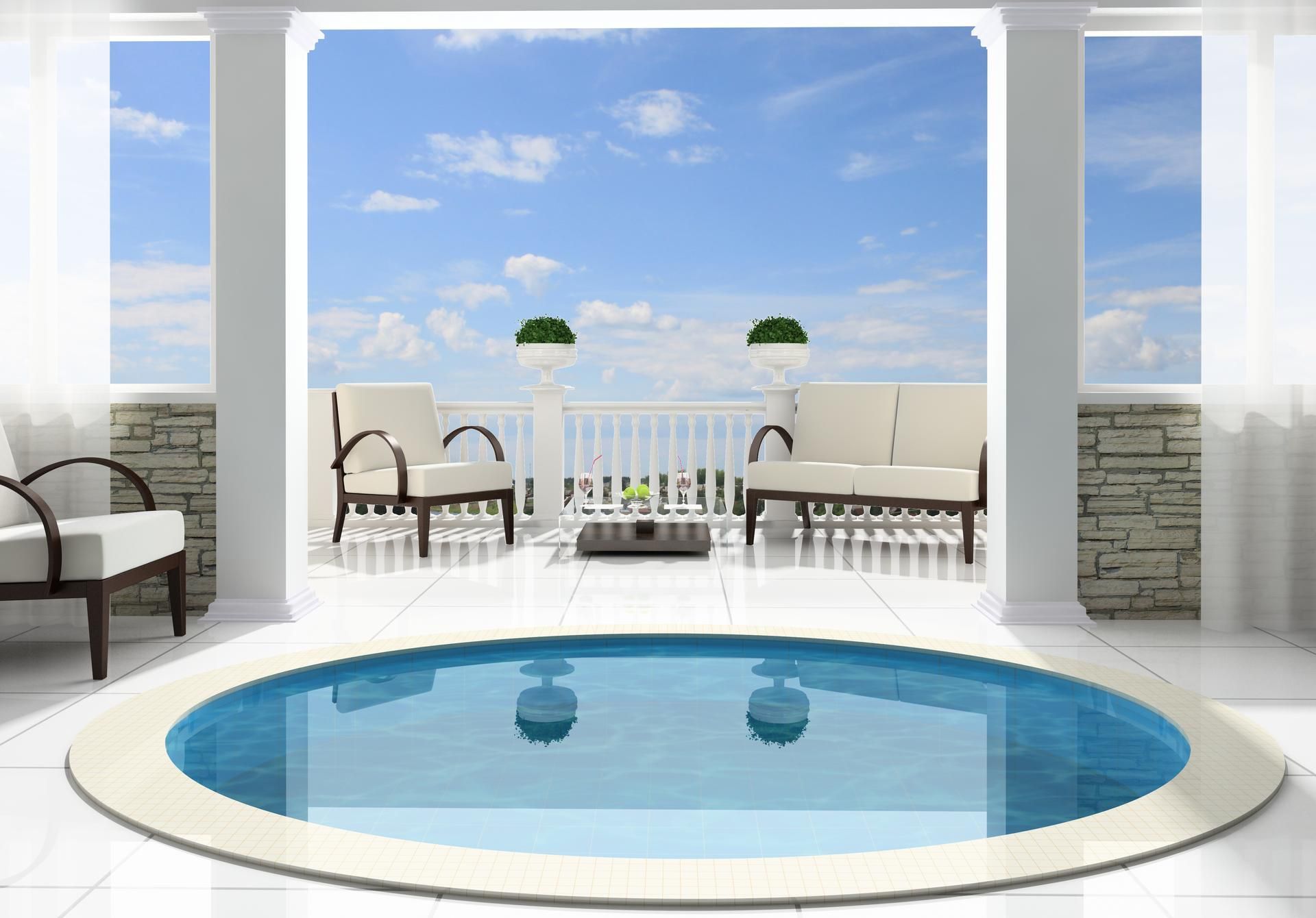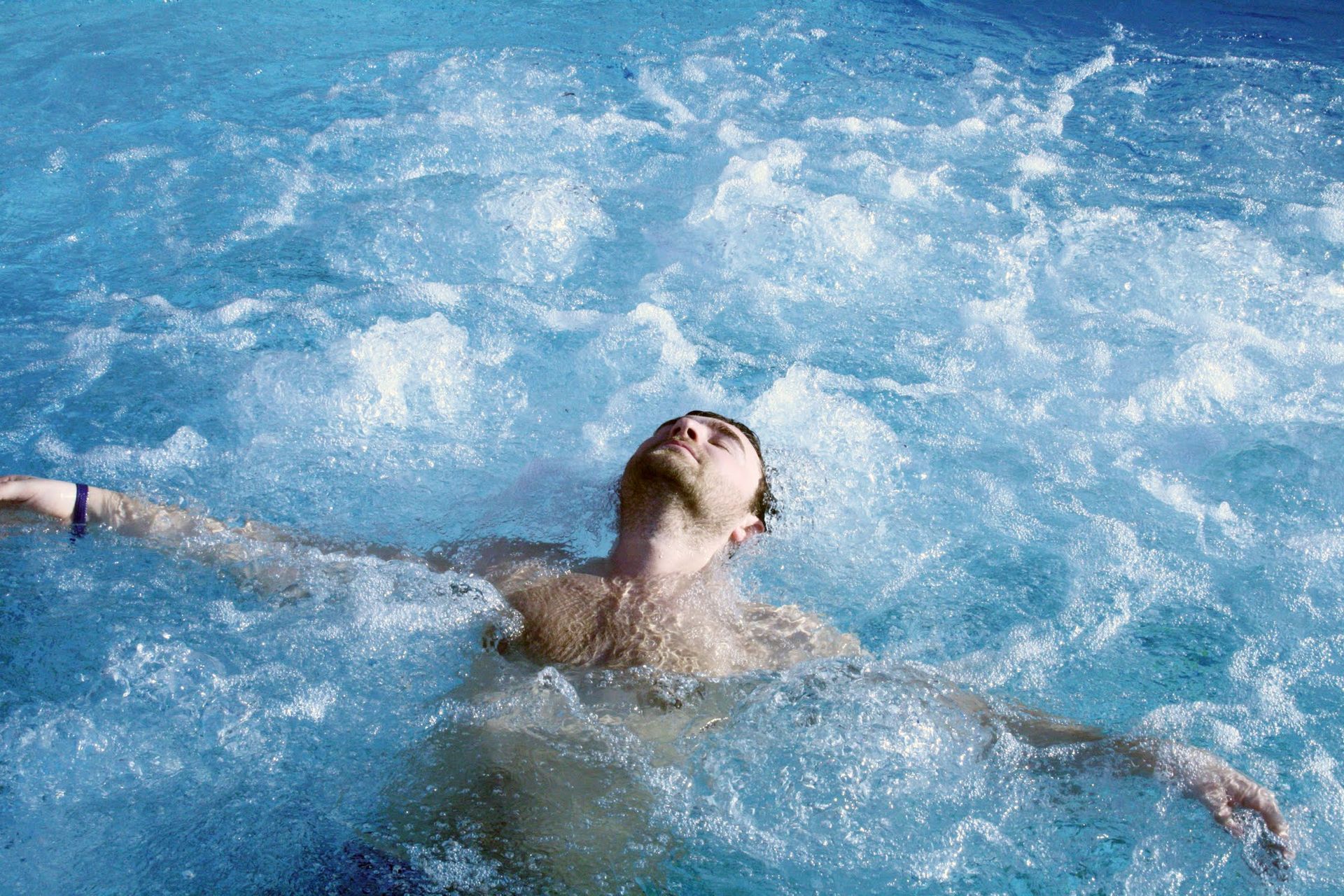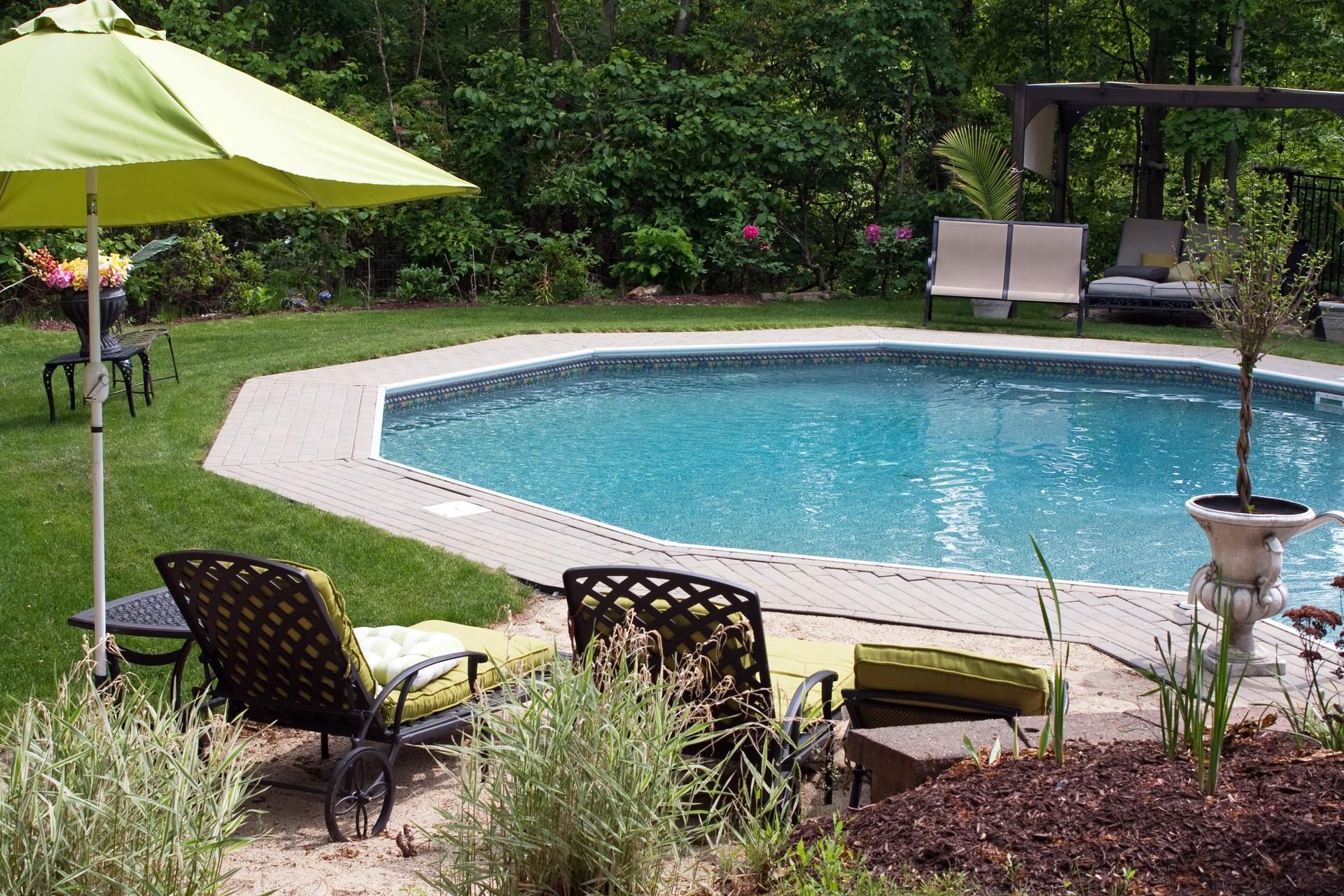Preventive Maintenance for Your Swimming Pool: What You Need To Know
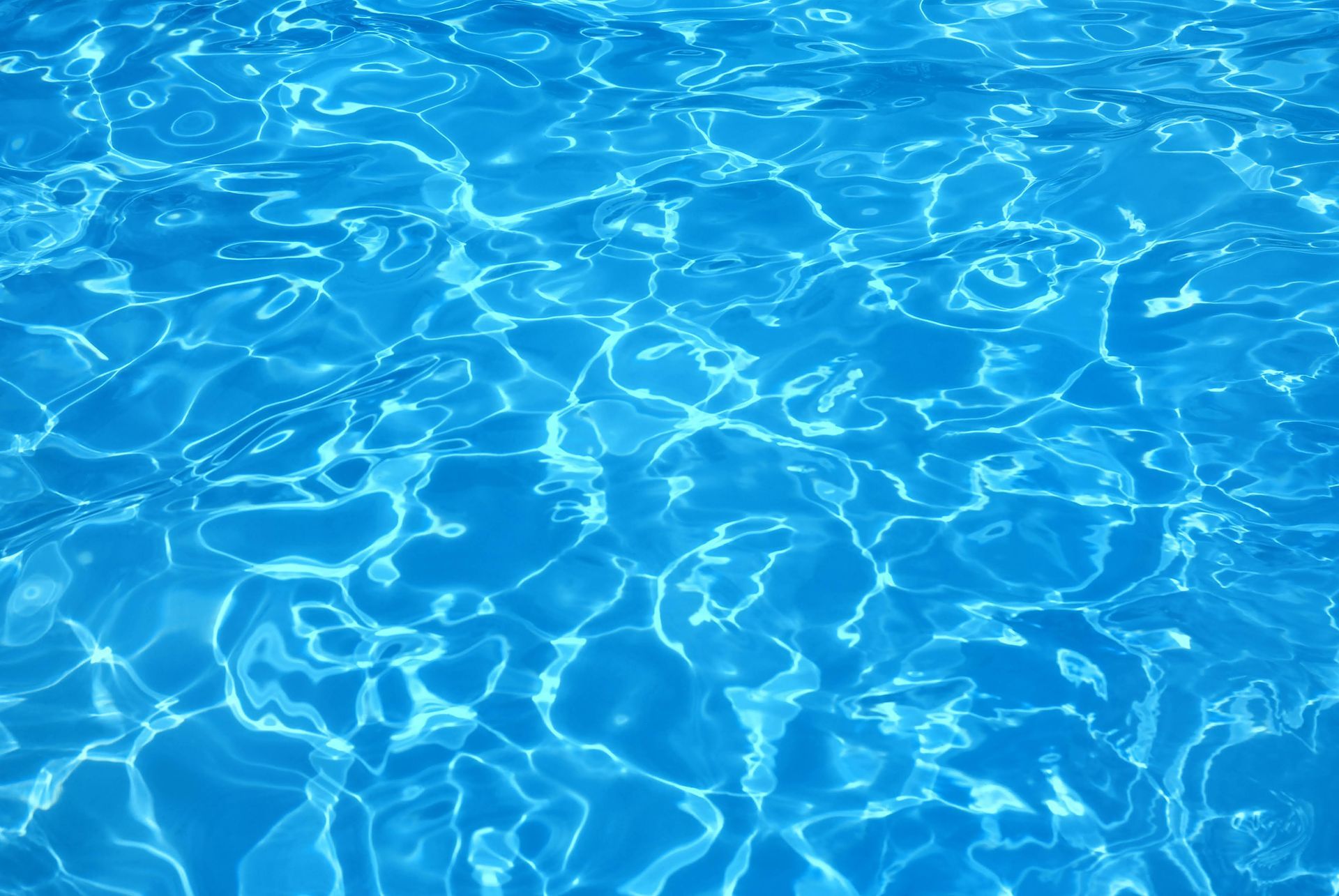
If you own a swimming pool, you know how enjoyable it can be to take a dip on hot summer days. Nonetheless, you also know how important it is to keep your pool clean and safe for you and your family. That's why preventive maintenance is essential for your pool.
Preventive maintenance is the regular care and upkeep of your pool equipment and water quality. It helps you avoid costly repairs, extends the lifespan of your pool components, and ensures a healthy and pleasant swimming experience.
Here are a few preventive maintenance tasks that you should perform for your swimming pool.
Check and Balance the Water Chemistry
The water chemistry of your pool affects its clarity, sanitation, and comfort. You should test the water at least once a week and adjust the levels of chlorine, pH, alkalinity, calcium hardness, and stabilizer as needed.
You can use test kits or strips to measure the water parameters or take a sample to a pool store for analysis. Ideally, you should aim for these ranges:
- Chlorine: approximately 3 ppm
- pH: 7.4-7.6
- Alkalinity: 80-120 ppm
- Calcium hardness: 200-400 ppm
- Total dissolved solids (TDS): < 2,000 ppm
If the levels of your sample are outside of the acceptable ranges, chemical adjustments will need to be made. You can correct unacceptable levels of dissolved solids by draining the pool incrementally and replacing the drained increments with fresh water until you reach an acceptable TDS level.
Clean the Pool Filter
The pool filter is responsible for removing dirt, debris, and contaminants from the water. It also helps distribute the chemicals evenly throughout the pool.
You should clean the filter regularly to prevent clogging, reduce pressure, and improve filtration efficiency. The frequency of cleaning depends on the type of filter you have:
- Cartridge filter. Rinse with a hose every two to six weeks and deep clean or replace every year.
- Sand filter. Backwash at least once every one to four weeks and clean annually.
- Diatomaceous earth (DE) filter. Backwash every one to three months and deep clean biannually.
Skim and Vacuum the Pool
Skimming and vacuuming the pool removes leaves, bugs, dirt, and other debris that can make the water cloudy and unappealing. It also prevents algae growth and reduces the chlorine demand.
You should skim the surface of the pool daily or as needed, using a net or a skimmer basket. You should also vacuum the bottom and sides of the pool at least once a week, using a manual or automatic vacuum.
Brush the Pool Walls and Tiles
Brushing the pool walls and tiles prevents algae, calcium deposits, and stains from forming and accumulating on them. It also helps distribute the chemicals throughout the water and improves filtration. You should brush the pool walls and tiles at least once a week, using a stiff-bristled brush for plaster pools or a soft-bristled brush for vinyl or fiberglass pools.
Shock the Pool
Shocking the pool is adding a large dose of chlorine or other oxidizers to the water to kill bacteria, algae, and organic matter. It also restores the chlorine level and breaks down chloramines, which are byproducts of chlorine that cause eye irritation and unpleasant odors. You should shock the pool at least once a week or more often if:
- The water is cloudy or green.
- The chlorine level is below 1 ppm.
- The pool has been heavily used or contaminated.
- There has been a rainstorm or strong wind.
To shock the pool, follow these steps:
- Test the water and adjust the pH to 7.2-7.6 if needed.
- Turn on the pump and filter.
- Calculate the necessary amount of shock, using one pound for every 10,000 gallons of pool water.
- Dissolve the shock product in a bucket of water according to the label instructions.
- Pour the solution around the perimeter of the pool while walking slowly.
- Run the pump and filter for at least 8 hours or overnight.
- Test the water again and wait until the chlorine level reaches 1-3 ppm before swimming.
To learn more about maintaining your pool, contact Anchor Pools & Spas. We have years of experience in preventive pool maintenance.



